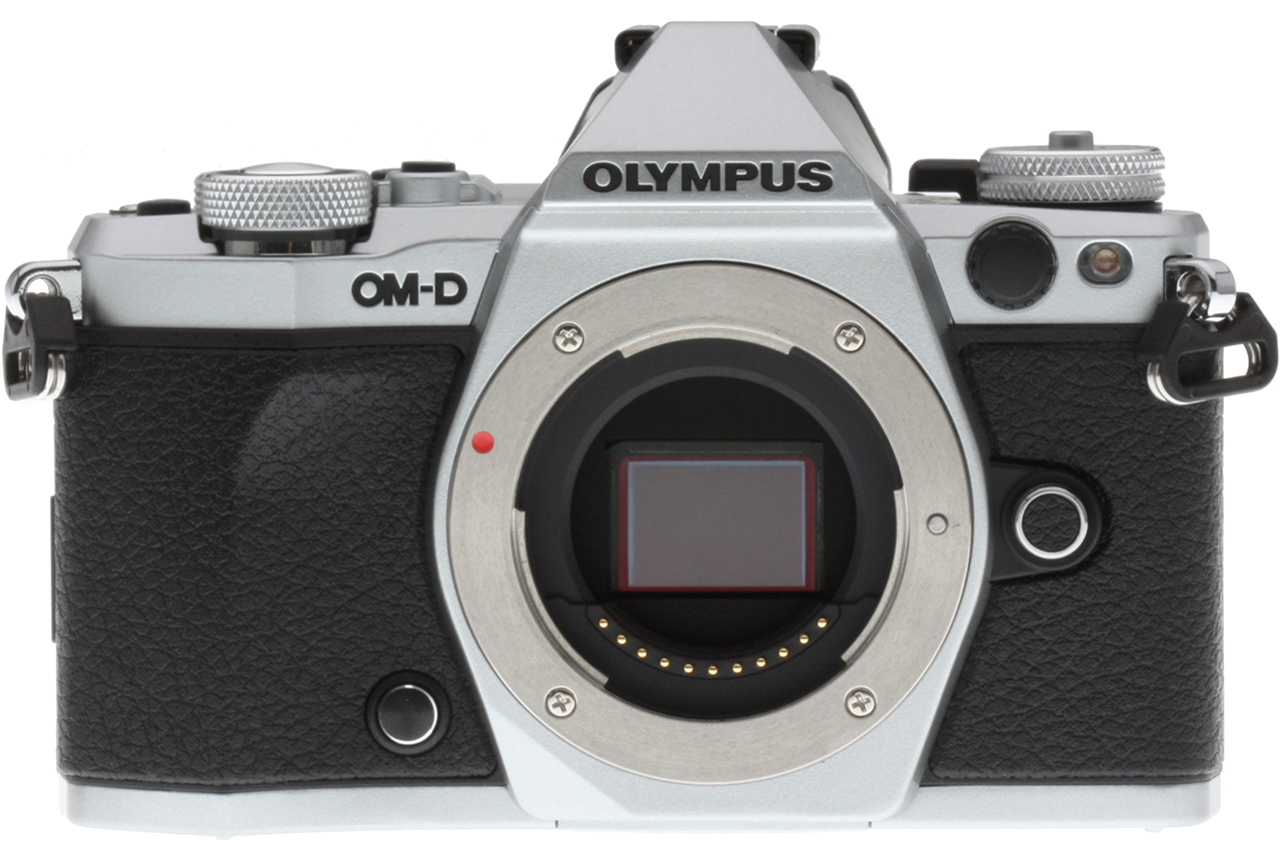Paul B - UK
Forum Enthusiast
I want to compare different cameras for auto focus accuracy. My reason is that I've bought 2 cameras recently and sold them due to be being disappointed with them in that respect.
I'm aware that the lens used is a big factor etc etc. There must be a website where you can easily compare the different cameras for auto focus accuracy, but i cant find one.
Do you know of any?
Thanks
I'm aware that the lens used is a big factor etc etc. There must be a website where you can easily compare the different cameras for auto focus accuracy, but i cant find one.
Do you know of any?
Thanks

